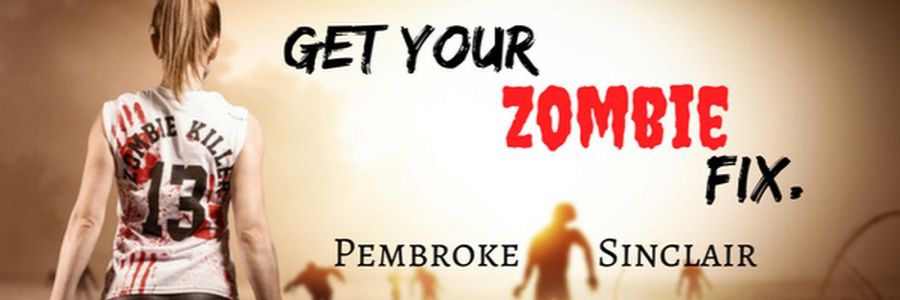Determining how long a story should be depends on several factors. Is it flash fiction? A short story? An epic novel? Each of these varies in word count and length and determines how long a story should be. Below are the average, accepted word counts for the various types of fiction.
- Micro-Fiction: up to 100 words
- Flash Fiction: 100 – 1,000 words
- Short Story: 1,000 – 7,500 words
- Novellette: 7,500 – 20,000 words
- Novella: 20,000 – 50,000 words
- Novel: 50,000 – 110,000 words
- Epics and Sequels: more than 110,000 words
It’s important to keep in mind that every story—even super short ones—has to have a beginning, middle, and end, along with a climax, events that lead up to that climax, events that bring the reader down from that climax, and then a conclusion. It’s also important that your main character(s) change through your story.
Your main character(s) needs to have a problem, and they have to solve that problem. How long will it take them? That depends on how complicated their problem is. You’ll also have to decide how developed you want your main character(s) to be. Readers don’t have to know a character’s entire life story to relate to them or be emotionally involved with their plight, but if you want to share that information, you can.
You’ll also have to decide how many characters will get points of view in your story. If you’re telling it from one perspective, it might not take as many words to write. However, if you have different perspectives from numerous characters, each one will need a story arc, a beginning, middle, and end, and have to change from the beginning to the end. How you handle each of those perspectives could lengthen the work.
You’ll have to develop your setting(s) too. If your story takes place on a world your reader isn’t familiar with, such as in a fantasy or science fiction work, it might take longer to develop that setting. If your story takes place in more than one setting, depending on how important each one is to the storyline, you’ll need to take the time to develop each place so the reader feels what the character(s) feel when they are there.
It’s possible to write science fiction micro-fiction. It’s also possible to write fantasy micro-fiction. These certainly don’t take lots of words to develop character or setting, and the reader still gets a sense of place and people. The stories also evoke emotions.
In addition to developing character and setting, you’ll need to decide the pace of your story. This will help you decide how long your work needs to be. The pace of your story determines how quickly you reveal information to the reader, how long the scenes in your story are, and how fast the action moves. In shorter works, all of these have to happen at a faster pace than a longer work.
The easiest way to decide how long your story should be is to start writing it. If you find that you are taking a lot of time to describe your characters and your setting, you might consider writing longer works. If you tell your story in as few words as possible, shorter works might be up your alley.
When you’ve finished your story, you need to make sure all the important details are included. You need to make sure that your story incorporates the needed elements (beginning, middle, end, climax, resolution) and that it makes sense. If readers walk away from your work wondering what they just read and feeling confused and lost, you probably failed in your attempt at writing a story. If you can evoke emotions, a sense of wonder and/or awe, or excitement, then you’re on the right track with your story—no matter how long it is.





